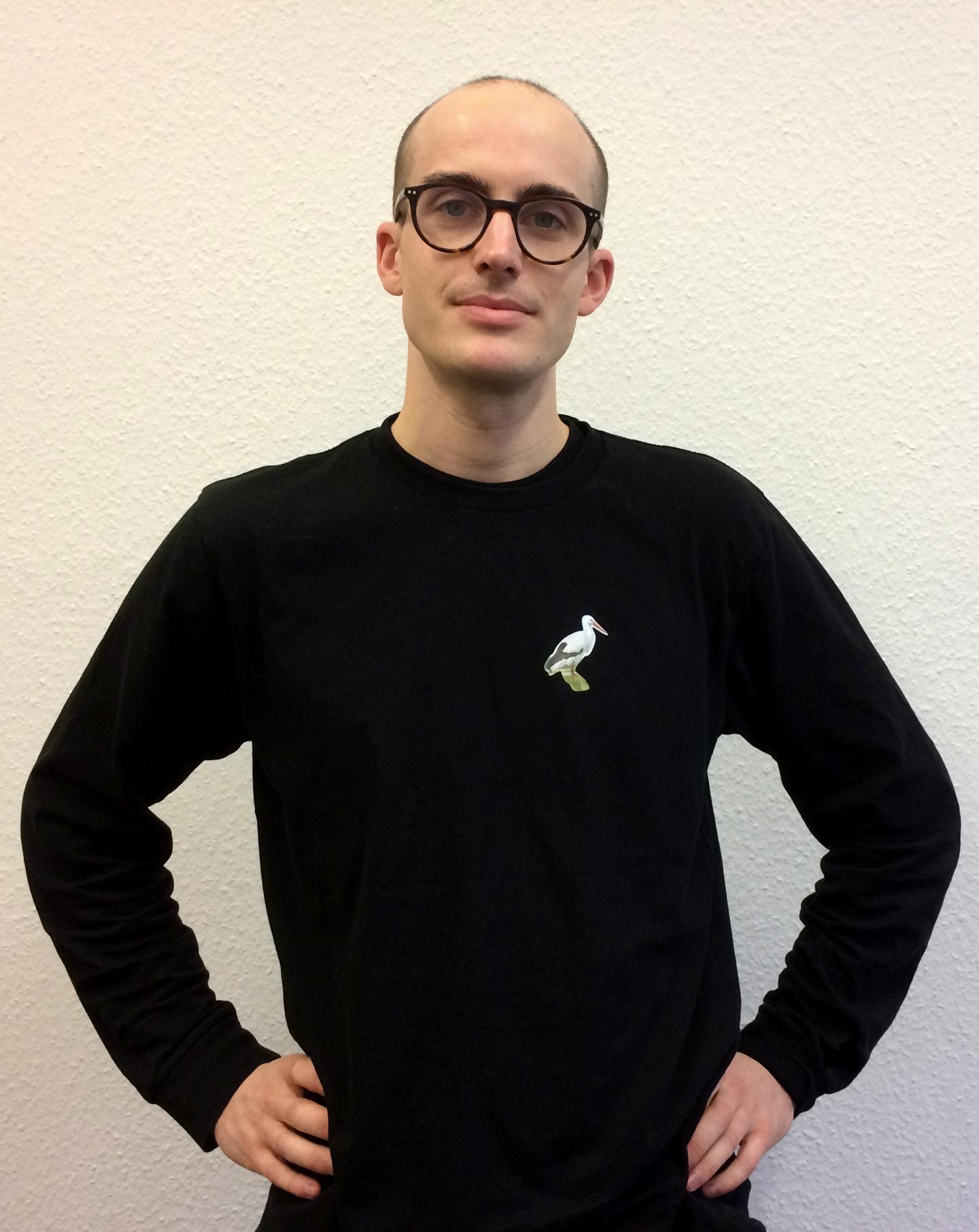Research team at the University of Göttingen disproves previous assumptions

Credit: AG Nachhaltigkeit
To what extent is our personality an adaptation to our appearance or even our physique? A team of scien-tists at the University of Göttingen has investigated this question. Their results: it depends – on our gender and on which behaviour. The study was published in the journal Evolution and Human Behavior.
Previous theories of a possible connection between appearance and behaviour claim, among other things, that physically stronger men tend to be more aggressive and physically more attractive women are more outgoing. For the most part, the research team from the Department of Biological Personality Psychology at the University of Göttingen found evidence to contradict these theories. Their research involved two independent groups of subjects from Göttingen in Germany and Edinburgh in the UK.
For example, they could not confirm a clear connection between attractiveness and extraversion in women. “Although women who consider themselves attractive are actually more likely to be sociable and less shy, it could be their positive self-image that is the reason for this,” says Christoph von Borell, first author of the study. In order to find out whether the behaviour is actually related to their outward appearance alone, the Göttingen researchers chose a study design in which physical attractiveness was assessed by other peo-ple. “When we did this, the connection can no longer be observed,” explains von Borell.
The influence of physical condition on the behaviour of men is different: the study showed that more mus-cular men were more extraverted and considered aggressive behaviour to be more useful. In many other behaviours, however, the results showed no clear connection with the men’s appearance. In order to de-termine the strength and physique of the men and women, all test subjects were imaged using a 3D body scanner and their grip and upper body strength measured.
###
Original publication: Christoph J. von Borell, Tobias L. Kordsmeyer, Tanja M. Gerlach, Lars Penke. An integrative study of facultative personality calibration. Evolution and Human Behavior (2019).
https:/
Contact:
Christoph von Borell
University of Göttingen
Georg-Elias-Müller-Institut für Psychologie
Goßlerstraße 14, 37073 Göttingen
Telephone: +49 (0)551 39-20704
[email protected]
http://www.
Media Contact
Melissa Sollich
[email protected]
49-055-139-26228
Original Source
https:/
Related Journal Article
http://dx.




